Raspberries: Important Facts, Health Benefits, and Recipes
Explore the health benefits, history, and culinary uses of raspberries in our ultimate guide, and learn how to store, substitute, and enjoy this nutritious fruit.
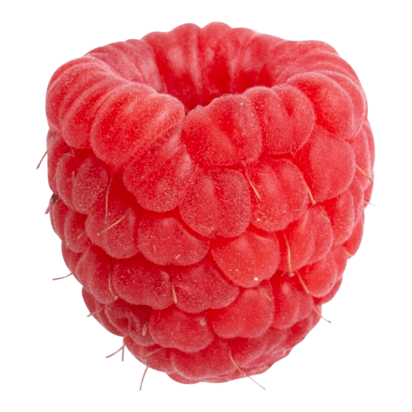
Nutritional Facts
1 cup
Amount per serving
Calories
64
Carbohydrates
14.7 g
Fat
0.8 g
Protein
1.5 g
Saturated Fat
0 g
Sodium
1.2 mg
Fiber
8 g
Sugar
5.4 g
Best Raspberries Recipes
-
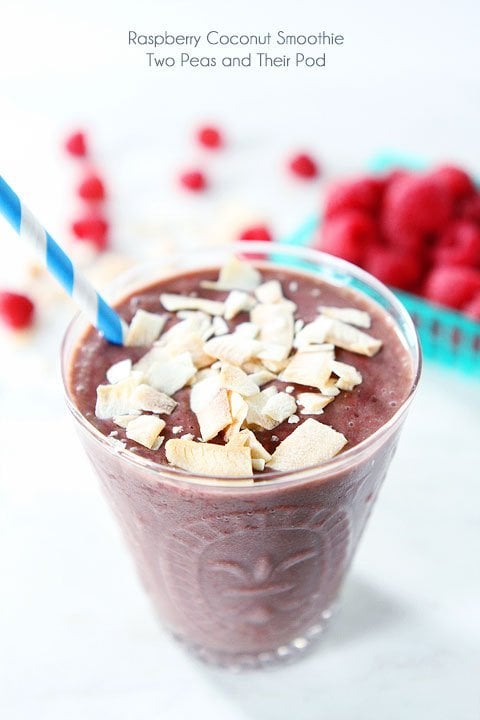
-
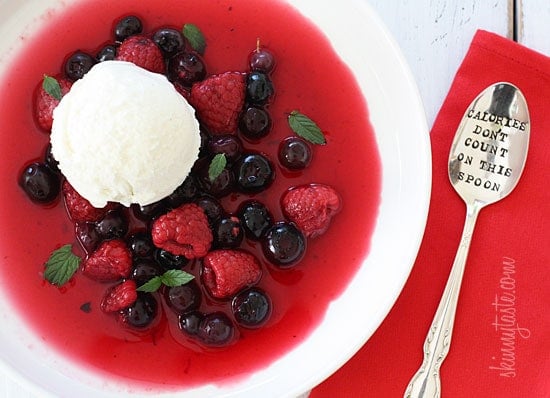
-

-

-

-

-
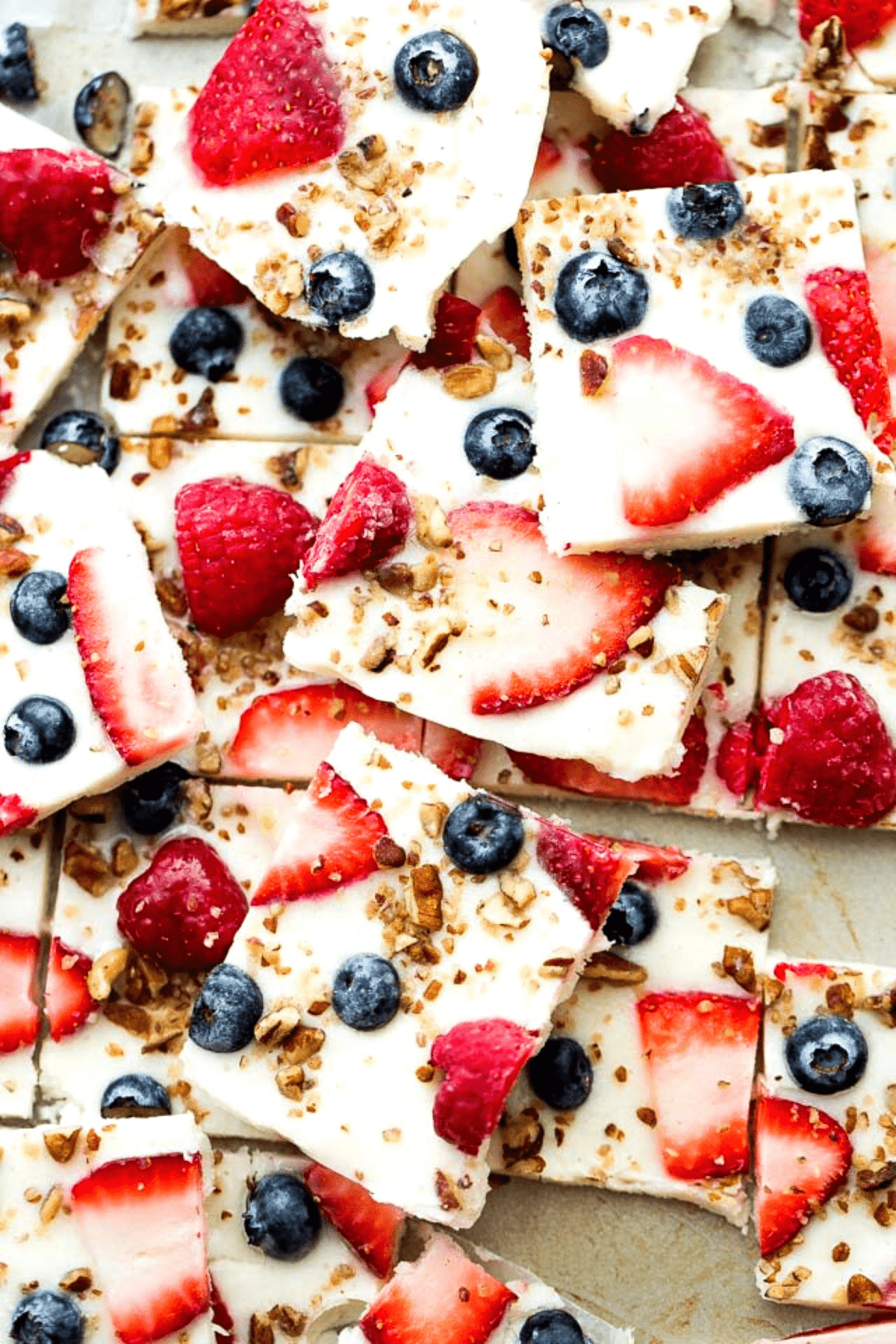
-
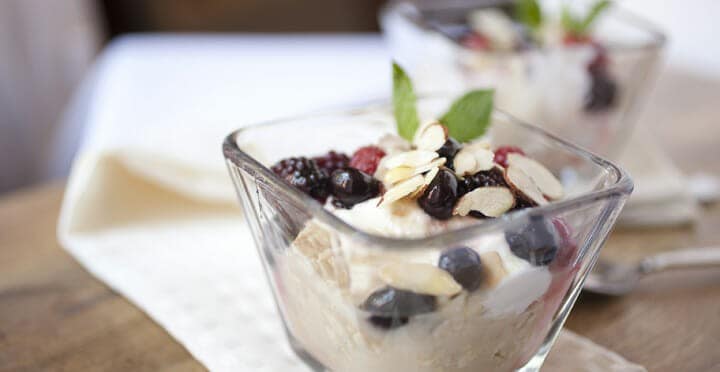
-
![Homemade Fresh Berry Frozen Yogurt Image]()
-
![No-Bake Berry Cheesecake Image]()
-
![Kris Longwell Image]()
-
![Wild Berry Parfait with Mascarpone and Vanilla Image]()
-
![Breakfast Braid Brunch Board Image]()
-
![Simple 2-Ingredient Raspberry Jam Recipe Image]()
-
![Simple Vanilla Soufflé Dessert Recipe Image]()
-
![The Most Incredible Pull Apart Baked Brie Image]()
-
![Berry and Banana Terrine Recipe (with Video) Image]()
-
![Sparkling Cranberry Punch Non-Alcoholic Drink Recipe Image]()
-
![Mixed Berry Dessert Sauce Recipe Image]()
-
![Instant Sangria Recipe Image]()
-
![Bumbleberry Syrup Recipe Image]()
-
![Graham Cracker Figgy Pudding Recipe Image]()
-
![Raspberry Limeade Recipe Image]()
-
![Raspberry Spritz Recipe Image]()
-
![Raspberry Rhubarb Ginger Jam Recipe Image]()
-
![Vegan Toasted Oatmeal With Maple Syrup, Cranberries, and Raspberries Recipe Image]()
-
![Baked Oatmeal with Mixed Berries Recipe Image]()







:max_bytes(150000):strip_icc()/raspberry-jam-recipe-1327857-hero-01-9dfafbf355404f7a874013c76d89c144.jpg)
:max_bytes(150000):strip_icc()/vanilla-souffle-recipe-1375119-Hero2-5baba5d5c9e77c0024645be4.jpg)

:max_bytes(150000):strip_icc()/__opt__aboutcom__coeus__resources__content_migration__simply_recipes__uploads__2006__06__berry-banana-terrine-horiz-a-1800-d0881f7b57344c9e96f39a9a6aaeafe1.jpg)
:max_bytes(150000):strip_icc()/sparkling-cranberry-punch-non-alcoholic-recipe-760363-hero-01-575e3284f5a5434fabeb4dd380b92d5b.jpg)
:max_bytes(150000):strip_icc()/easy-mixed-berry-dessert-sauce-recipe-1136057-35-5b1e8d65ff1b780037a53329.jpg)
:max_bytes(150000):strip_icc()/155312646-56aa14853df78cf772ac5110.jpg)
:max_bytes(150000):strip_icc()/__opt__aboutcom__coeus__resources__content_migration__serious_eats__seriouseats.com__recipes__images__2012__07__20120715-214250-preserved-bumbleberry-syrup-primary-e7148645f8ba40d9aed76b77208802bb.jpg)
:max_bytes(150000):strip_icc()/__opt__aboutcom__coeus__resources__content_migration__serious_eats__seriouseats.com__recipes__images__2013__11__20131120-266268-figpud3-7d1fc85449dd4a22a9c2f8edd9ee44db.jpg)
:max_bytes(150000):strip_icc()/__opt__aboutcom__coeus__resources__content_migration__serious_eats__seriouseats.com__recipes__images__2012__06__20120618-lemonade-variations-03-a1eb13087314452fb3f21018cb93cb4c.jpg)
:max_bytes(150000):strip_icc()/__opt__aboutcom__coeus__resources__content_migration__serious_eats__seriouseats.com__recipes__images__2014__06__20140625-raspberry-amaro-spritz-elana-lepkowski-5051f9fef27744138a098e7121590416.jpg)
:max_bytes(150000):strip_icc()/__opt__aboutcom__coeus__resources__content_migration__serious_eats__seriouseats.com__recipes__images__2013__05__2013-05-19-252115-preserved-raspberry-rhubarb-ginger-jam-primary-f9a23d35aca84256b507c37a5d94a1c7.jpg)
:max_bytes(150000):strip_icc()/__opt__aboutcom__coeus__resources__content_migration__serious_eats__seriouseats.com__recipes__images__2012__01__20120115-vegan-experience-day-1-1-9e8e5bdb3ace43f39589d718e16f0bbc.jpg)
:max_bytes(150000):strip_icc()/Simply-Recipes-GF-Berry-Baked-Oatmeal-LEAD-9-35143133d93246d19a3c92841a02f0f2.jpg)